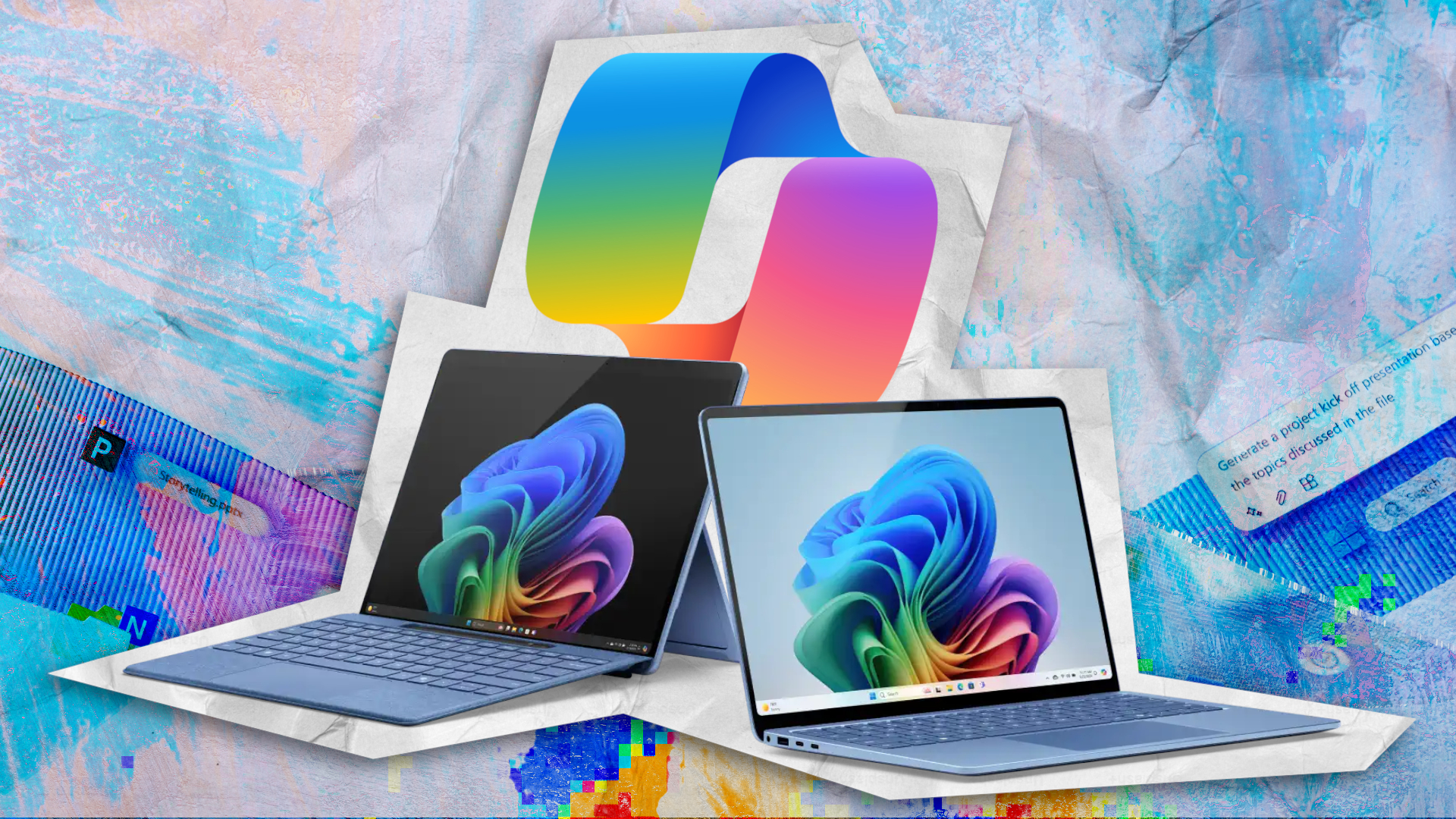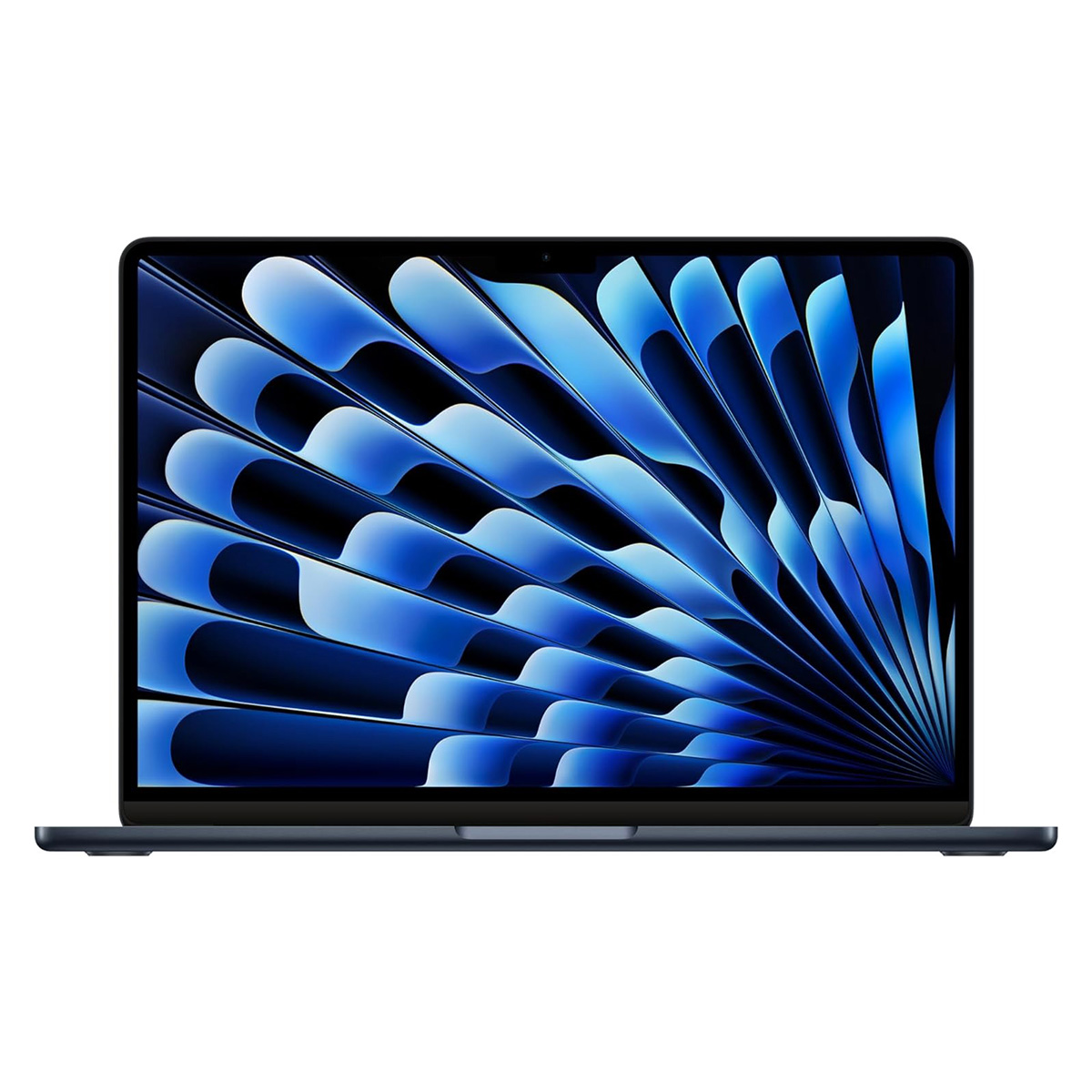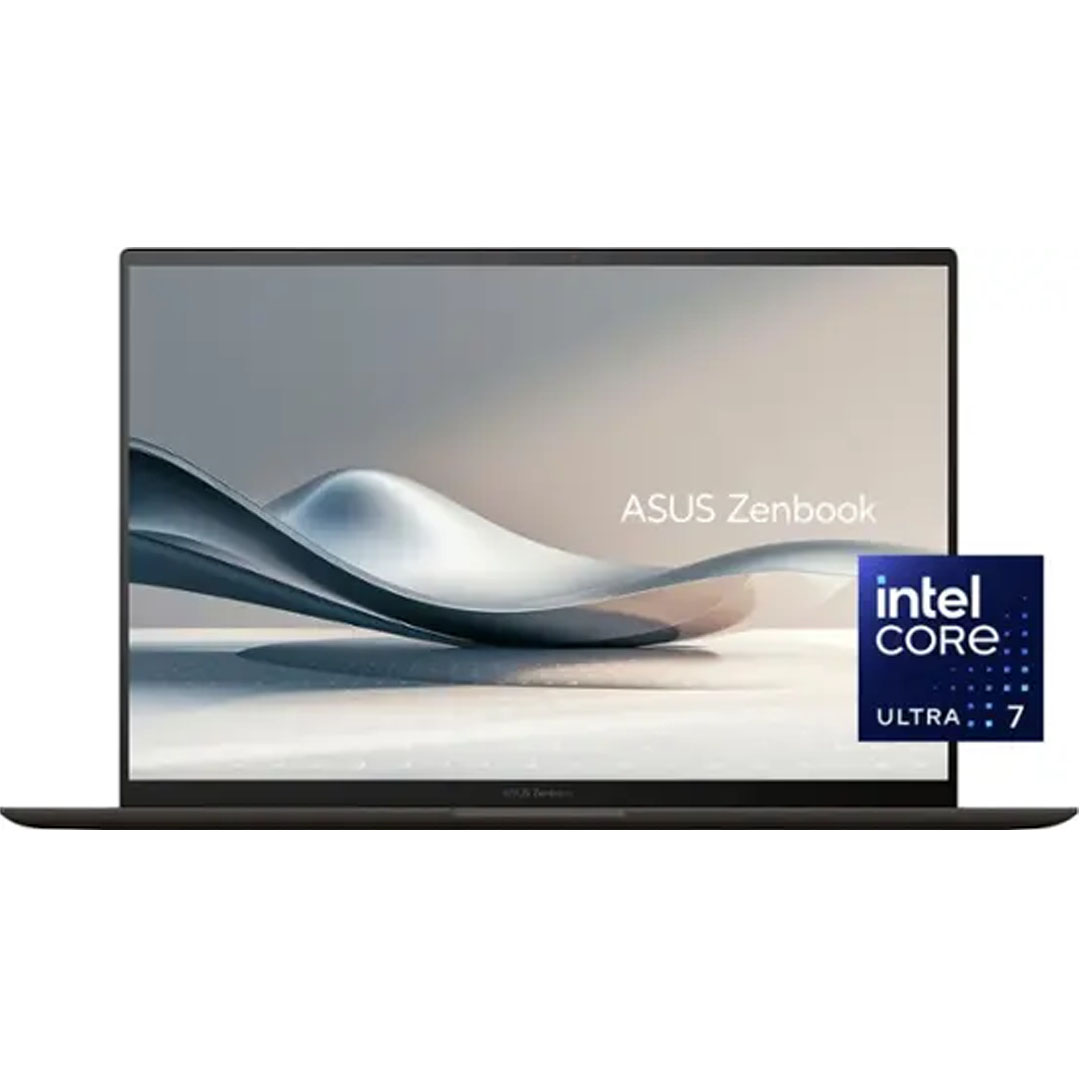
On May 20, 2024, Microsoft CEO Satya Nadella took the stage at Microsoft's headquarters in Redmond, Washington, to introduce the next generation of Windows 11 laptops.
Nadella kicked things off by waxing nostalgic about the launch of Windows 95 nearly 30 years ago. Windows 95 was, in many way,s a revolution for the Windows platform. About five minutes into his keynote, Nadella unveiled a revolutionary upgrade to the platform of his own:
"We're introducing an entirely new class of Windows PCs engineered to unleash the power of distributed AI across the Edge and Cloud.
"We call this new category Copilot+ PCs."
With that, a new era of Windows computing was born, and the introduction of the NPU (Neural Processing Unit) as a core feature of several inbound chipsets set a new standard for the AI PC. The first wave of Copilot+ PCs in 2024 greatly focused on productivity, enhancing performance and battery life. But productivity is only the first step in a longer journey.
Jason Banta, a corporate vice president at chipmaker AMD, which makes chips for Copilot PCs, tells Laptop Mag AI is coming to gaming soon, too.
"In the coming months and years, consumers can expect to see AI integration in various other areas, including gaming," Banta says. "Gaming on an AI PC will give users a more immersive gaming experience with AI-enabled NPCs, providing a more realistic and dynamic environment.”
While NPCs won't be evolving into sentient AI beings like in Free Guy any time soon, NPUs are helping to improve the gaming experience on AI PCs. For instance, the AMD-powered Asus Zenbook S16 (UM5606) is bringing integrated graphics to a new level.
Copilot+ PCs: AI hype or AI innovation?
The term "Copilot+ PC" refers to Microsoft's AI assistant, Copilot. These new laptops were marketed as AI productivity powerhouses with Copilot baked in at every level, even down to a dedicated Copilot button on the keyboard.
But there's more on offer from Copilot+ PCs than a shortcut key. Designated Copilot+ Windows 11 laptops offer several unique features, including:
- A dedicated NPU rated for 40 TOPS of performance
- Accessibility features like Live captions
- Powerful and fast image generation through Cocreator (local AI image generation in the Paint app)
- Enhanced webcam filters and tools through Windows Studio Effects
- On-device AI features in third-party apps (such as Adobe Photoshop)
- Unique Windows 11 features and tools like Microsoft Recall
The Copilot app is the most basic AI feature and likely the one you'll use most. By tapping the Copilot key, you can launch the app and use text prompts to ask questions, generate text, or generate images overall; it ran smoothly on most of the Copilot+ PCs I tested this year.
Even if you don't use generative AI much, you may appreciate live captions and Windows Studio Effects. These AI-powered features make daily life on a Copilot+ PC easier, especially for those who love to watch almost everything with subtitles. Live captions allow you to do that even with video and audio content that doesn't already have captions, such as live streams.
Copilot+ PCs may not be the motherlode of AI software, but their feature sets continue to grow month after month, offering optimized and exclusive tools for various use cases.
AMD's Banta tells Laptop Mag, "Despite Copilot+ application development just starting, there are many things to get excited about, especially as Microsoft just announced a second wave of apps like ‘click to do.’"
Click to do offers an interactive overlay with contextual suggestions when you see images or text on Copilot+ PC. It makes adjustment suggestions and links tasks to various AI tools within installed apps. It's a perfect example of how companies like AMD and Microsoft view Copilot+ PCs — an overhaul in how people use their computers.
Banta continues: "The reason to buy is not just one application but how working with Microsoft, we are creating a new category of consumer experiences and fundamentally changing how they interact with their PCs."
Copilot+ PCs aren't just good for AI tasks, though. This year, we reviewed dozens while searching for the best AI PC. Aside from their improved performance, one stand-out feature among almost all of these machines, whether powered by AMD, Intel, or Qualcomm, was an incredible improvement in battery life. Because the processing was done directly on the chip, the computer didn't use nearly as much battery power.
In fact, a Copilot+ PC currently holds our record for best battery life, the Lenovo ThinkPad T14s, powered by a Qualcomm processor. It lasted over 21 hours in our battery life test.
The real future of "AI PCs" isn't flashy
On some level, labeling a collection of new laptops "Copilot+ PC" was a marketing decision meant to set them apart from older Windows 11 laptops. However, there may still be something to the idea of having an AI assistant baked into your laptop to help with specific tasks when you need it and stay out of the way when you don't.
That might not be flashy, but it may end up being what most people want from AI on their laptops. Just look at how dedicated AI devices, like the Humane AI pin, fared this year. Ultimately, most people want a capable, reliable AI app on the devices they already use daily, like their laptops and phones.
AMD's Banta had similar thoughts, telling Laptop Mag, "To AMD, an AI PC is a PC designed to optimally execute local AI workloads across a range of hardware, including a CPU, GPU, and NPU, each with their processing efficiencies."
Microsoft's approach could become ubiquitous in consumer tech. Apple is already taking a similar approach with Apple Intelligence on its Macbooks. Google is even getting in on the action with Gemini-powered Chromebooks.
As we head into 2025, we'll soon see if integrating AI into laptops is a standard feature. The "AI PC" of the future could very well end up being just a PC — with the AI being as standard as the spacebar.

If you're anything from an AI enthusiast to the average AI tinkerer (or simply seeking out some of the additional features offered through Windows Copilot+ PCs or Apple Intelligence on Macs), then you'll need a powerful and performative laptop to keep up to speed with your needs.
At Laptop Mag, we review laptops year-round to ensure we're giving you expert-backed and up-to-date recommendations on which notebook is right for you. When it comes to the best AI PC category, our top picks are the excellent Asus Zenbook S 14 (UX5406) for Windows users and the impressive Apple Macbook Air M3 for those running macOS.
So, if you're shopping for a new laptop and looking to invest in an AI PC (or just a great laptop in general), check out our current top-tier picks below.

We love the MacBook Air 13 M3. Starting at just $1,099 (MSRP), with education pricing dropping to $999 (MSRP), the Air is a laptop we can recommend for just about any purpose. It's affordable, especially by Apple standards, and it features an excellent keyboard, fantastic performance, and outstanding endurance (over 15 hours of battery life), which makes it a great laptop for just about anyone's needs, especially those interested in getting to grips with all of the latest Apple Intelligence features.

The Asus Zenbook S 14 (UX5406) has quickly become our favorite AI PC laptop of the year, offering all the hallmarks of a great buy, including exceptional performance and battery life. This laptop is one of the first to feature an Intel Core Ultra 200V series processor and at just $1,499 (MSRP), you get a fantastic balance of power, a stunning 14-inch OLED display, effortless multitasking, NPU-enhanced performance for AI tasks, and all of the additional Copilot+ features available with Windows 11.







